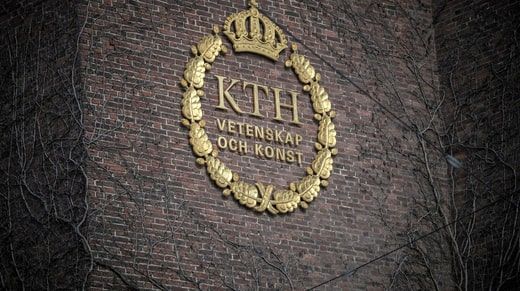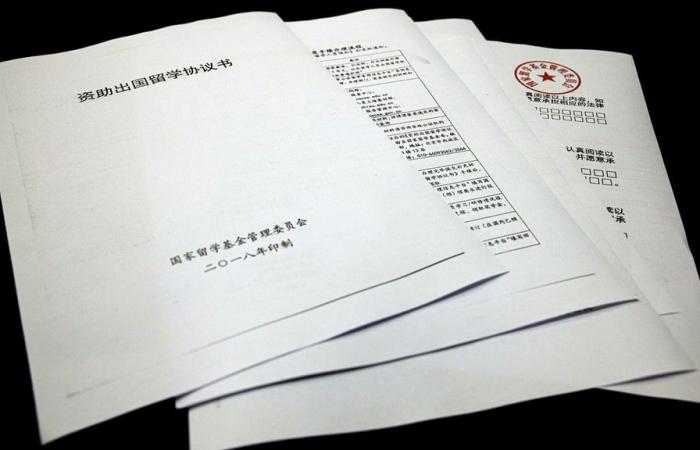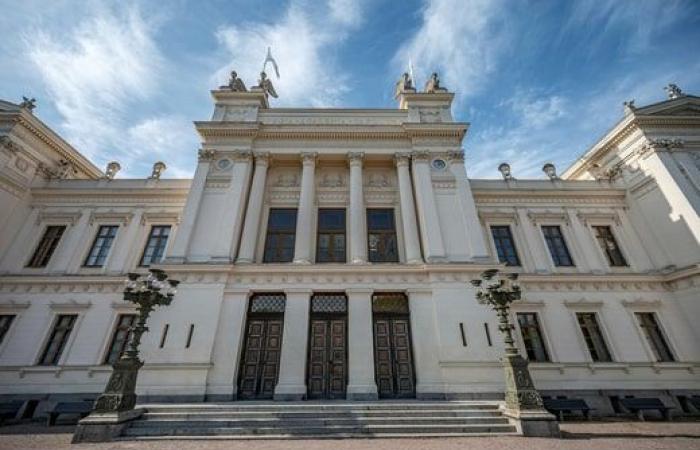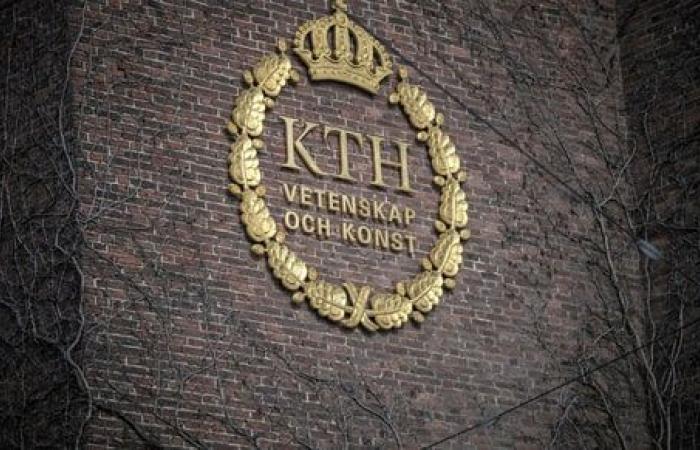The program is called the Chinese Scholarship Council (CSC) and is run by the Chinese regime. Every year hundreds of Chinese are selected to be sent to foreign universities all over the world. This includes, among other things, doctoral students and visiting researchers.
The Royal Institute of Technology, Lund University, Karolinska Institutet and Uppsala University are some examples of Swedish higher education institutions that have for a long time received research students via CSC.
DN has taken note of legally binding agreements and guidelines that research students must sign before they arrive in Sweden. Among other things, the Chinese regime requires that they must remain loyal to the leadership of the Communist Party, serve the interests of the regime and never participate in “activities” that go against the will of the authorities.
If the research student violates any of these points for any reason, family members in the home country risk ending up in financial debt to the state.
Karolinska Institutet has long cooperated with CSC, and received around 30 Chinese PhD students each year. The doctoral programs are roughly half paid for by the Chinese state. Recently, however, the university decided to pause the collaboration with CSC.
– There are uncertainties, for example what is meant by going against the interests of the Chinese state, so for the time being we have decided not to admit more research students via CSC, says Bob Harris, professor and vice chancellor for research studies at the Karolinska Institutet.
Photo: Thomas Karlsson
What caused the Karolinska Institute to draw attention to the students’ situation was an incident at Lund University a couple of years ago, when a half-term examination of a research student and his achievements did not turn out well.
– The student was advised not to complete the education. The student then became worried and told that in that case it would mean big problems for his family back home in China, says David Gisselsson Nord, vice dean for internationalization at the medical faculty at Lund University.
It turned out that the student’s relatives had signed a contract with CSC which states, among other things, what happens if a student does not complete the education. That the relatives in that case risk being liable for damages.
– We were surprised, because we had never heard of such a contract. So when the next student came, we asked to see the contract and that’s how we discovered these wordings, says David Gisselsson Nord and continues:
– What really made me jump was that there is also a wording that the student’s creditor, who is usually a close relative, cannot leave the country for an extended period of time as long as the student is staying abroad. This is exactly how dictatorships work, that the family is held hostage in the home country. It is unpleasant, he says.
What amounts are involved?
– It’s a bit difficult to understand, but if I understood the matter correctly, it could be quite a lot of money plus a penalty.
Photo: Johan Nilsson/TT
Both David Gisselsson Nord and Bob Harris emphasize that they are not critical of the Chinese research students. On the contrary, they describe the collaboration as successful and the students as pleasant, well-educated and very ambitious.
But according to David Gisselsson Nord, the contract risks exposing the students to so much pressure that it is not compatible with the Higher Education Ordinance, which states that students’ scholarship conditions must be fair and that they must not be unclear.
– That is why we, and Uppsala University as well, have decided not to take in any more CSC students, says David Gisselsson Nord.
Karolinska Institutet, on the other hand, has chosen to only pause the collaboration with CSC temporarily.
– We have been negotiating with CSC since May, but we are not in port yet, says Bob Harris.
What do you do if China does not want to change the contracts?
– Then it will be up to our principal to make a decision, whether we should cancel our agreement with CSC or not, says Bob Harris.
David Gisselsson Nord has sat in on the negotiations and according to him, China should have offered more transparency.
– But it is doubtful, we think, because transparency is not the same as influence, he says.

Photo: Magnus Hallgren
One of the universities with the longest experience with CSC, but which either chose to terminate or pause the collaboration, is the Royal Institute of Technology (KTH) in Stockholm. DN has been able to identify at least 30 doctoral students who have been accepted by the university through CSC in recent years.
– We are in talks with Karolinska and CSC about these letters, but in all the years that we have had CSC students, we have never heard or received signals that students would have been harmed because of these letters, says Stefan Östlund, vice rector for international relations at KTH.
How do you know it didn’t happen?
– Of course, we cannot be one hundred percent sure. But we have staff who speak Chinese and we have not received any such signals from the students.
How do you interpret the letter stating that the students may not act against the interests of the Chinese state?
– I interpret it as that they should behave and do well when they are abroad. Most scholarship organizations have such letters. I can understand that and it’s nothing strange.
What can you understand?
– We all know what China is like as a country. But all countries want their students to conform and not behave in a way that is inappropriate.
But given China’s reputation in terms of human rights, the wording can also be interpreted as the students’ freedom of expression being limited, right?
– I understand the problem and that is why we now have a constructive dialogue with CSC. We cooperate with many countries that have different rules and a different culture than our own, and then there is often a balancing act.








